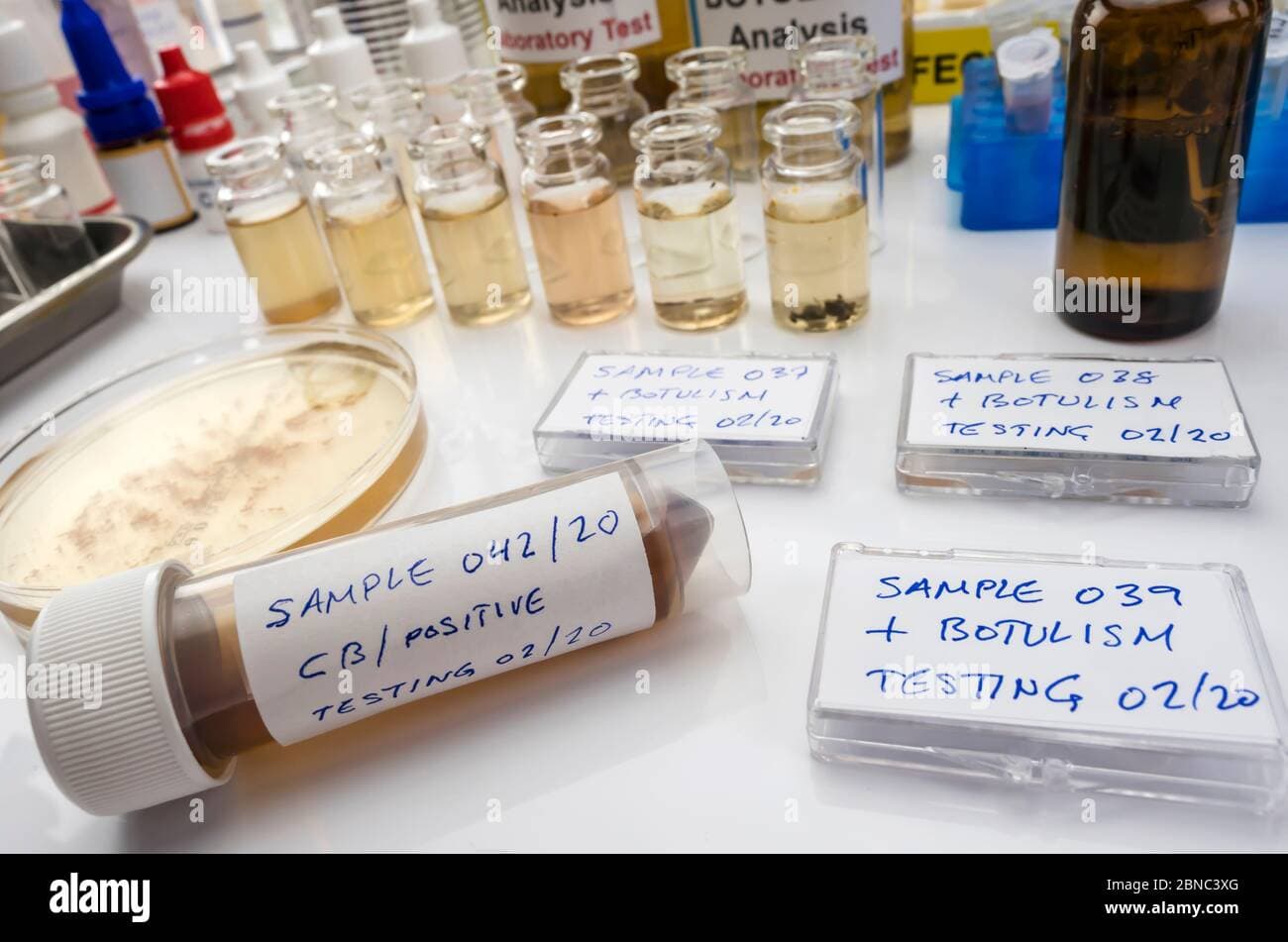Private Lab Detects Botulism Bacteria in ByHeart Formula, Families Sue
A private laboratory reported finding Clostridium botulinum in samples of ByHeart infant formula, intensifying a multistate probe into an outbreak of infant botulism. Dozens of infants have been hospitalized and multiple families have filed lawsuits alleging their children became ill after consuming the product, raising urgent questions about contamination and regulation of the infant formula supply.

On Nov. 24, KFF Health News reported that at least one private laboratory detected Clostridium botulinum, the bacterium that produces botulinum neurotoxin, in samples of ByHeart infant formula. The finding arrived amid active federal and state public health investigations into an outbreak that has sent dozens of infants to hospitals across multiple states with cases severe enough to require intensive care.
Investigators from public health agencies have been testing product samples and tracing distribution channels as they seek to determine how the contamination occurred and how widely products may be affected. KFF compiled reporting from other outlets to place the new private laboratory findings in the context of ongoing legal action and heightened regulatory scrutiny of ByHeart and the broader infant formula supply chain.
Multiple families have filed lawsuits alleging that their infants developed botulism after consuming the formula. The suits, which have been filed in several jurisdictions, seek answers about the timeline of production, the scope of distribution, and the chain of custody for the batches implicated in the illnesses. Legal filings and reporting to date reflect uncertainty about whether contamination originated at a production facility, during packaging, in storage, or somewhere in distribution.
Public health agencies typically rely on state and federal laboratories to confirm initial private laboratory results, and officials have continued to analyze samples to corroborate the findings and to identify specific lots involved. Until such confirmations are complete, scientists and regulators caution that the full extent of contamination cannot be established. The private laboratory result, however, has already intensified calls from clinicians and consumer advocates for rapid and transparent disclosure of test results and distribution records.
Botulinum neurotoxin is among the most potent toxins known and can cause paralysis by interfering with nerve function. Infant botulism is rare but can be life threatening, particularly for very young infants whose immune and nervous systems are still developing. Treatment typically requires intensive supportive care, and in many cases administration of antitoxin and prolonged hospital observation.
ByHeart, a manufacturer of specialty infant formula, has been engaged with investigators, according to reporting summarized by KFF. The company faces several pending lawsuits and is under increased regulatory scrutiny as agencies seek to determine whether additional product actions are warranted. Officials have not established a definitive point of contamination, and the legal and public health processes are likely to continue in parallel as evidence is assembled.
The unfolding situation underscores the fragility of infant nutrition supply chains and the high stakes for regulators, manufacturers, and families when potentially contaminated products reach consumers. With dozens of hospitalized infants and multiple legal claims moving forward, investigators face pressure to deliver conclusive findings that will guide public health recommendations and any further regulatory or legal remedies.


